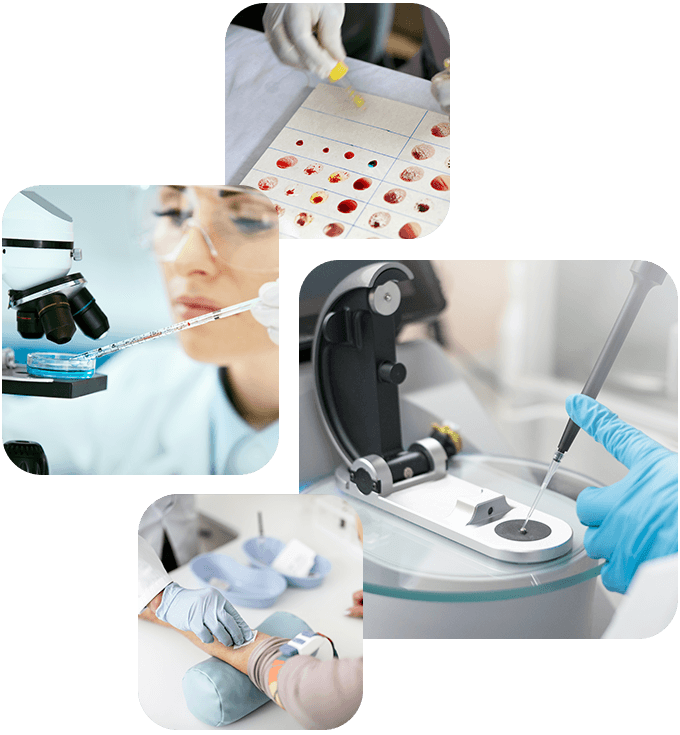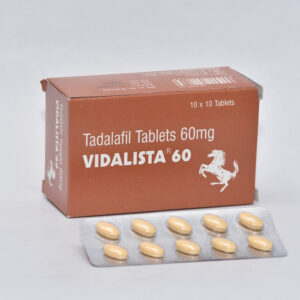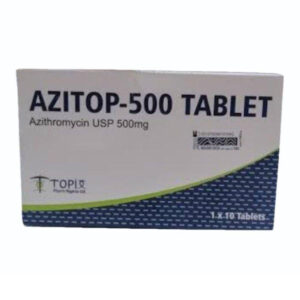Tailored Solutions for Enhanced Pharmaceutical Care
Pharmaceutical care is evolving rapidly, driven by advancements in technology, personalized medicine, and a growing focus on patient-centered approaches. Tailored solutions in pharmaceutical care emphasize customized treatment plans, optimized medication management, and integrated healthcare services to improve patient outcomes. This approach ensures that each patient receives the most effective treatment based on their unique medical history, genetics, and lifestyle factors.
The Need for Tailored Pharmaceutical Care
Traditional healthcare models often rely on standardized treatment regimens that may not always be effective for every individual. Factors such as genetic variations, comorbidities, and lifestyle differences influence drug efficacy and safety. Tailored pharmaceutical care addresses these challenges by focusing on personalized interventions that enhance therapeutic success while minimizing adverse drug reactions.
With the rise of chronic diseases such as diabetes, hypertension, and cancer, there is an increasing demand for precision medicine. Pharmacogenomics, which studies how genes affect a person’s response to drugs, plays a crucial role in developing tailored treatments that optimize medication efficacy and reduce side effects. Moreover, the integration of artificial intelligence (AI) and big data analytics enables healthcare providers to analyze patient profiles more accurately and recommend precise treatment plans.

Key Components of Tailored Pharmaceutical Care
Personalized Medication Therapy Management (MTM) Tailored pharmaceutical care involves comprehensive medication therapy management that assesses drug interactions, dosage adjustments, and patient-specific factors. Pharmacists work closely with healthcare providers to ensure optimal medication use, improve adherence, and enhance patient safety.
Pharmacogenomics and Precision Medicine Advances in pharmacogenomics allow for customized drug prescriptions based on an individual’s genetic makeup. By identifying genetic markers that affect drug metabolism, healthcare providers can prescribe medications that are more effective and reduce the risk of adverse reactions.
Technology-Driven Healthcare Solutions Digital health innovations such as wearable devices, mobile apps, and AI-powered tools enable real-time monitoring of patient health and medication adherence. These technologies facilitate remote consultations, personalized dosage recommendations, and early detection of potential side effects.
Patient-Centered Approach Tailored pharmaceutical care emphasizes patient education, engagement, and shared decision-making. By involving patients in their treatment plans, healthcare providers can enhance adherence, improve health literacy, and empower individuals to take an active role in managing their conditions.
Integrative Healthcare Models A multidisciplinary approach involving physicians, pharmacists, nutritionists, and mental health professionals ensures holistic care. Coordinated efforts across healthcare teams lead to better management of complex conditions and improved patient satisfaction.
Benefits of Tailored Pharmaceutical Care
Improved Treatment Outcomes – Personalized medicine enhances drug efficacy, ensuring that patients receive the most suitable medications for their conditions.
Reduced Adverse Drug Reactions – Pharmacogenomics helps in identifying potential drug sensitivities, minimizing side effects, and enhancing patient safety.
Enhanced Medication Adherence – Tailored interventions, such as customized dosing schedules and patient education, encourage compliance with prescribed therapies.
Cost-Effectiveness – Optimized medication regimens reduce unnecessary prescriptions, hospitalizations, and healthcare costs.
Better Chronic Disease Management – Tailored solutions provide targeted therapies for chronic conditions, improving long-term health outcomes.

Challenges and Future Directions
While tailored pharmaceutical care offers significant benefits, several challenges must be addressed:
Access to Advanced Technologies – The implementation of pharmacogenomic testing and AI-driven analytics requires substantial investment and accessibility.
Data Privacy and Security – Protecting patient information and ensuring compliance with regulatory standards are critical concerns in personalized healthcare.
Healthcare Integration – Seamless collaboration among healthcare professionals is essential for effective implementation.
Regulatory and Ethical Considerations – Policymakers must establish clear guidelines for the ethical use of genetic and personalized health data.
The future of pharmaceutical care lies in continuous research, technological innovation, and policy development. As healthcare systems embrace precision medicine, the integration of tailored solutions will lead to more effective, patient-centric, and sustainable healthcare practices.
Conclusion
Tailored solutions for enhanced pharmaceutical care are transforming the healthcare landscape by focusing on personalized medicine, technology-driven innovations, and patient-centered approaches. By leveraging pharmacogenomics, AI, and multidisciplinary collaboration, healthcare providers can optimize treatments, improve patient adherence, and reduce adverse drug reactions. Overcoming challenges related to accessibility, data security, and integration will be key to realizing the full potential of tailored pharmaceutical care. As the industry progresses, a more customized and efficient healthcare model will emerge, ensuring better health outcomes for patients worldwide.
Our Products
-
Cialis 60MG
$1.50 / Per Pill
-
Viagra 200MG
$1.50 / Per Pill
-
Azithromycin 500MG
$2.50 / Per Pill





